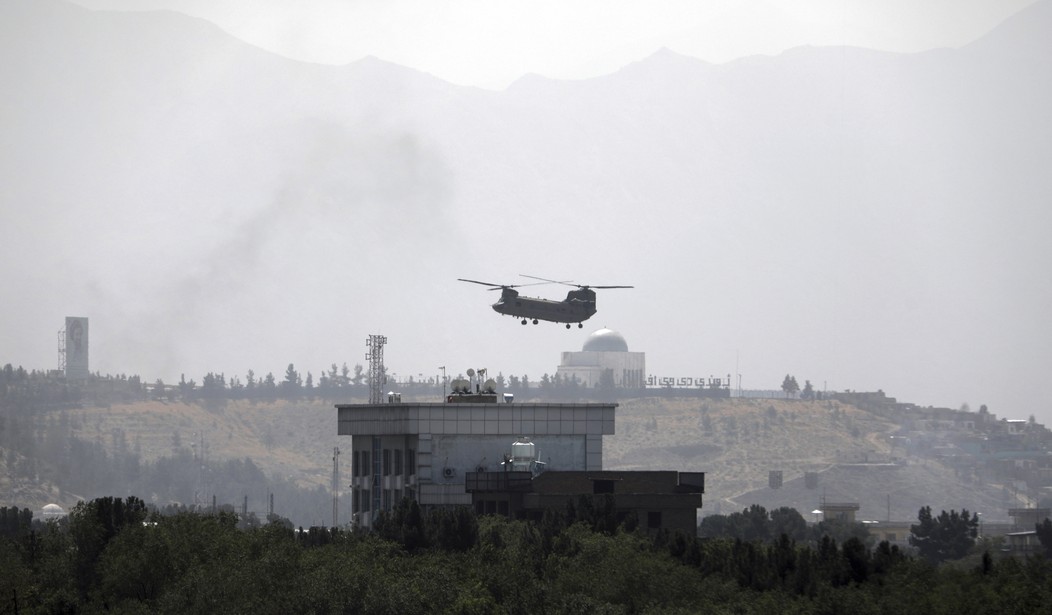The Biden administration has so far refused to assist the private groups engaged in an ad hoc effort to evacuate Americans still in Afghanistan after the U.S. military left the country on August 30. Many of the groups report that the state department was actively obstructing their efforts to get Americans out of the country.
Politico is reporting that on Tuesday, Chairman of the Joint Chiefs of Staff Gen. Mark Milley submitted a recommendation to the White House for the administration to create a “public/private partnership” with the groups that have been working to evacuate American citizens and at-risk Afghans from the country.
Milley met with several representatives from the private groups to inform them of the decision to pool resources and smooth the way for evacuees to reach safety.
Under the proposal discussed at the meeting, the U.S. government, including both the Pentagon and the State Department, would act as the central point of contact for the various groups coordinating rescues.
“Once approved, we would then work as a fusion center for all of our organizations to deconflict the ground and air space,” according to the readout. “This will permit us to move people and get them to safety — providing top cover for all that we do.”
One of the big problems with the privately run evacuation has been the Biden administration’s failure to supply the groups with a definitive list of Americans and at-risk Afghans still in the country. Because of that, there has been some duplication of names with some evacuees appearing on a list of those who remain in Afghanistan while they were already in the United States.
It’s hoped that a centralized clearinghouse will better organize the evacuation effort.
“We need to get a better structure in place for us to communicate with these groups, for these groups to communicate with us, and try to put a bit more consistency and focus around it so that if … we have opportunities to get groups out, if and as we see opportunities where the Talibs are going to be a bit more flexible for whatever reason, we are all working to a common set of parameters and hopefully off of a common set of priorities,” the official stressed.
Scott Mann, a retired Army Special Forces officer leading a group that calls itself Task Force Pineapple, calls the effort “sort of an underground railroad.” Mann and other private groups have fairly low expectations for assistance from the government but will continue their efforts regardless.
During the meeting, Milley was “complimentary” about the volunteer effort, and told attendees to expect “regular meetings” going forward, one group member said. He also said he understands the desire by veterans to help those who fought alongside the U.S., the person said. The withdrawal is deeply personal for Milley, who commanded troops in Afghanistan and often speaks about his experience.
It is not yet clear the extent of the Pentagon’s involvement in continuing evacuation operations. While attendees speculated that it could involve air support or funding, others said that was unlikely.
It’s hoped that the somewhat chaotic efforts to “snatch and grab” American citizens under the noses of the Taliban and spirit them out of the country will be replaced by something more regular and orderly.
But the question of how many Americans are still in Afghanistan lingers as it becomes evident that the Biden administration doesn’t have a clue about how many U.S. citizens need to be evacuated.









Join the conversation as a VIP Member